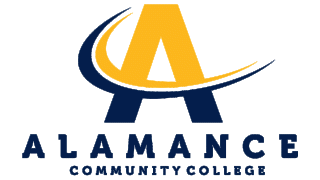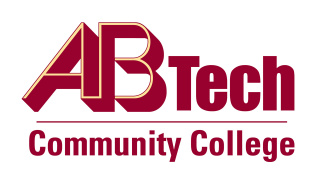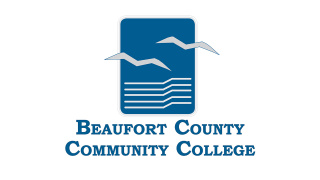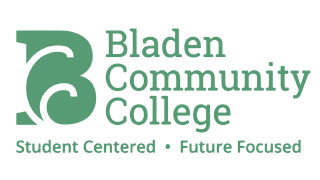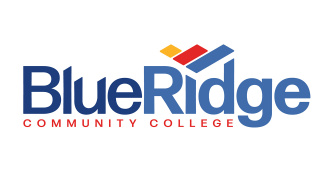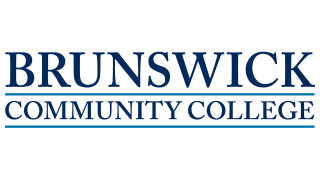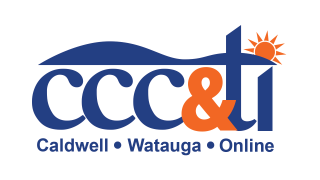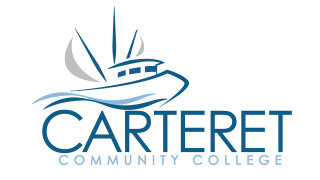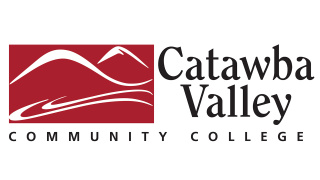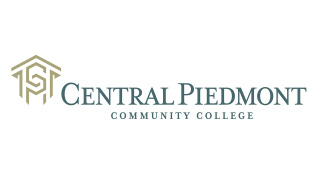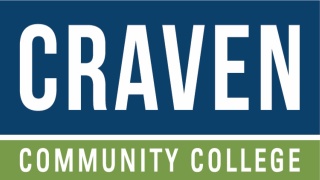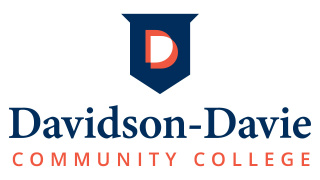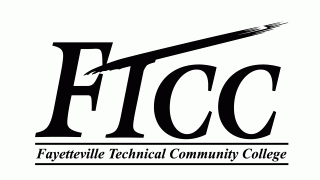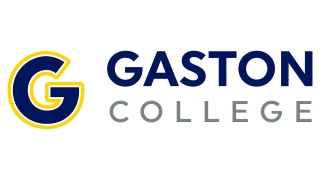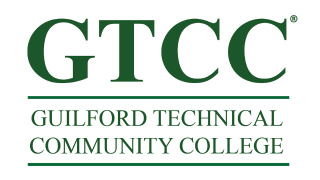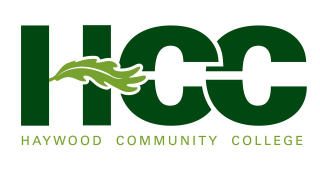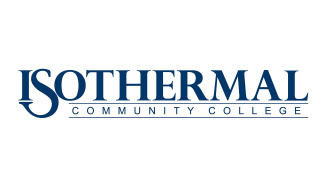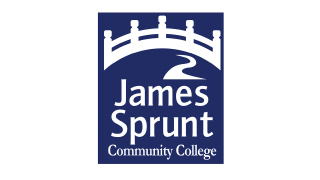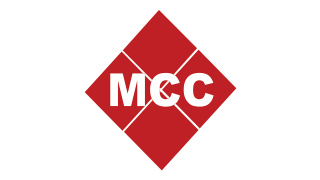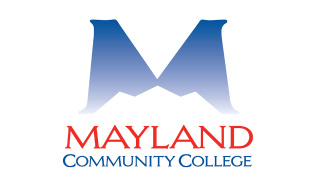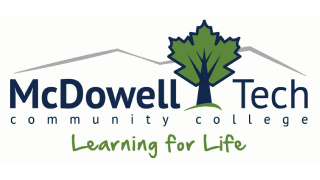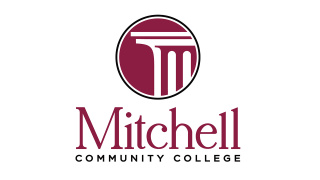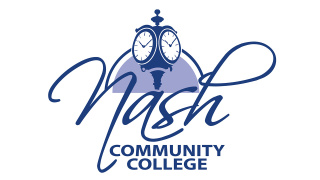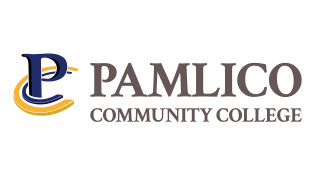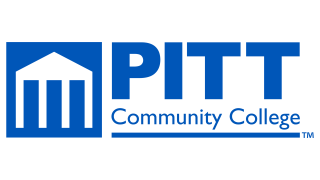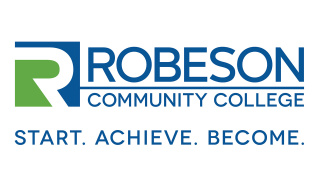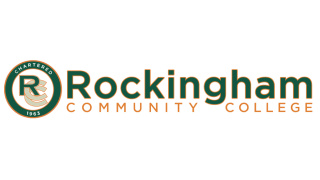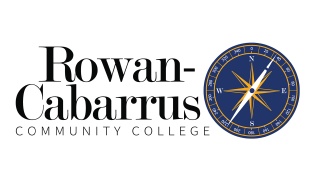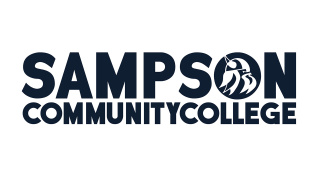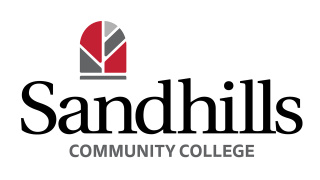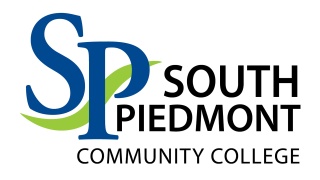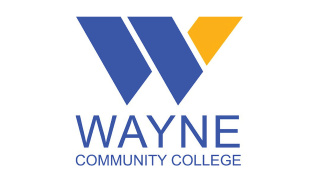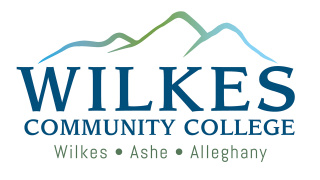Experience the process of creating an alcoholic beverage-based Hazard Analysis and Critical Control Points (HACCP) plan. This course will help breweries align their processes with the expectations of the Food and Drug Administration (FDA) under the Food Safety Modernization Act (FSMA) and improve the quality of their product. Participants will review the quality pitfalls that breweries are likely to face, and how these are controlled. Dive into Good Brewing Practices; fundamental guidelines that establish a basis for manufacturing quality, food-safe beverages. Work through an example to learn Clean In Place (CIP) and Sanitation Standard Operating Procedures (SSOPs) and understand what these processes control. Practice identifying hazards in the brewing process and walk away with the decision-making skills necessary to implement and manage a HACCP plan.
Craft Beverage Producers - production supervisors, production employees, quality, and executive management.
- HACCP
- FSMA
- Sanitation
- Quality control programs
- Clean in place
- Passivation procedures
- SSOPs
- Gain an overview of quality control programs, what they prevent, what they achieve, and how quality is measured.
- Learn the necessity and benefits of including food safety programs within the brewing industry.
- Be able to describe the fundamentals of HACCP, their importance, and their link to quality.
- Familiarize students with HACCP plans; how to create and apply them in their brewery. Additionally, they will learn about CGMPs and the new requirements under FSMA.
- Understand how to perform CIP, sanitation, and passivation procedures while following an SSOP.
Delivered in-person in a classroom or lab setting.
Delivered online with a live instructor at a scheduled date and time.
Experience the process of creating an alcoholic beverage-based Hazard Analysis and Critical Control Points (HACCP) plan. This course will help breweries align their processes with the expectations of the Food and Drug Administration (FDA) under the Food Safety Modernization Act (FSMA) and improve the quality of their product. Participants will review the quality pitfalls that breweries are likely to face, and how these are controlled. Dive into Good Brewing Practices; fundamental guidelines that establish a basis for manufacturing quality, food-safe beverages. Work through an example to learn Clean In Place (CIP) and Sanitation Standard Operating Procedures (SSOPs) and understand what these processes control. Practice identifying hazards in the brewing process and walk away with the decision-making skills necessary to implement and manage a HACCP plan.
Craft Beverage Producers - production supervisors, production employees, quality, and executive management.
- HACCP
- FSMA
- Sanitation
- Quality control programs
- Clean in place
- Passivation procedures
- SSOPs
- Gain an overview of quality control programs, what they prevent, what they achieve, and how quality is measured.
- Learn the necessity and benefits of including food safety programs within the brewing industry.
- Be able to describe the fundamentals of HACCP, their importance, and their link to quality.
- Familiarize students with HACCP plans; how to create and apply them in their brewery. Additionally, they will learn about CGMPs and the new requirements under FSMA.
- Understand how to perform CIP, sanitation, and passivation procedures while following an SSOP.

